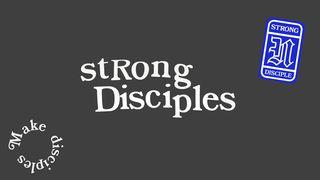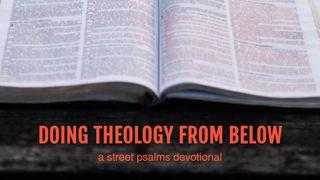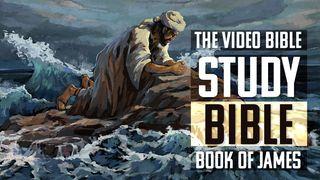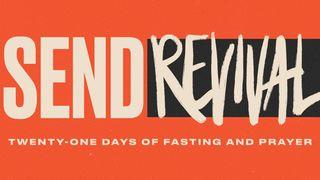Deuteronomy: At Journey's EndSample
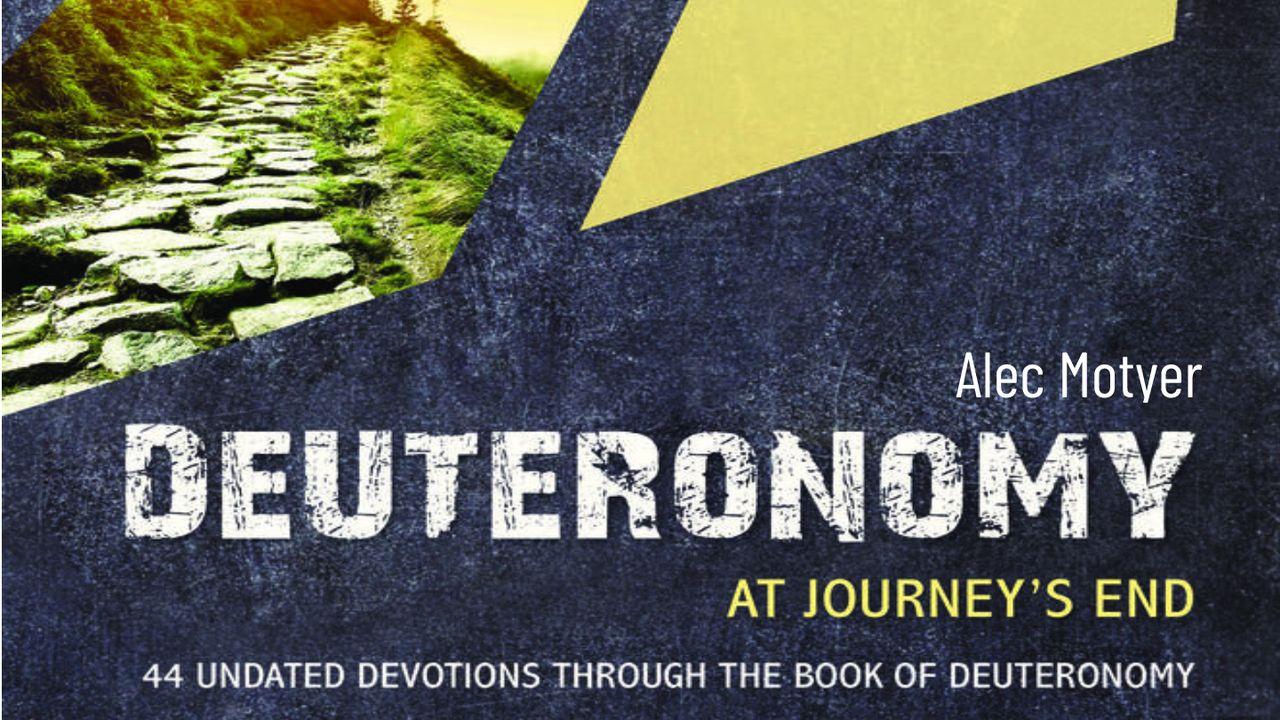
The Inflexible God of salvation
We should really read chapters 9 and 10 together so as to see clearly that not even the great sin of the golden calf (9:12, 16, 21) deflects the Lord from his redemptive purpose. Rather he commanded new tablets (10:1) and repeated his written law (10:4), he listened to prayer for mercy (10:10), and commanded the forward journey to the Promised Land (10:11).
This same great truth is implicit though in chapter 9 when taken alone. It opens with the great assurance of coming inheritance (v. 1), notwithstanding the potential difficulties (v. 2), and then commands understanding of the Lord’s purpose (vv. 3–6), warns against forgetfulness of how things really are (vv. 7–24) and finally recalls the outcome they deserve (vv. 25–29). The whole chapter is, in fact, an assertion that salvation has to be all of God – or, putting the truth in biblical perspective, that salvation is all of grace from beginning to end.
First, salvation is not because of your righteousness (vv. 1–6). What is really worked out here is that the Lord’s work of salvation for his people is consistent with his moral rule over the whole world. At the start, bringing his people out of Egypt involved the overthrow Egypt deserved – as Exodus shows; bringing them into Canaan involved dispossessing the Canaanites – which is what, by then, they deserved (Gen. 15:16).
Second, salvation is in spite of your sinfulness and unworthiness (Deut. 9:7– 23). In these verses there are at least fifteen recollections of provocation, rebellion, turning aside, acting corruptly, sin and disobedience. It all came to a head in the sin of the golden calf, but it had characterised them from the start (v. 7) – and was present even at the climax of their privileged receiving of God’s law at Horeb, otherwise known as Sinai (v. 8) – and at each stage of the journey (v. 22) – again climaxing at Kadesh Barnea when they refused to invade Canaan (v. 23).
Thirdly, salvation is contrary to what you deserve (vv. 24–39). Rightly, the Lord threatened destruction, a fate from which Israel was saved when Moses pleaded on the basis of what the Lord had already done (v. 26), what he had promised the forefathers (v. 27) and what his own good name merited (v. 28).
Reflection
Ezekiel 20:1–44 reviews the history of Israel. Its storyline is ‘I acted for my name’s sake’ (vv. 9, 14, 22, 44).
Scripture
About this Plan

In these daily undated devotions, Alec Motyer explores the timeless truths of Deuteronomy and applies them to our lives today. Just as the Israelites did, we can appreciate the wonder of God’s grace to us through repentance, experience His committed love for us, and learn more about walking in His ways.
More
We would like to thank 10ofThose for providing this plan. For more information, please visit: https://www.10ofthose.com/
